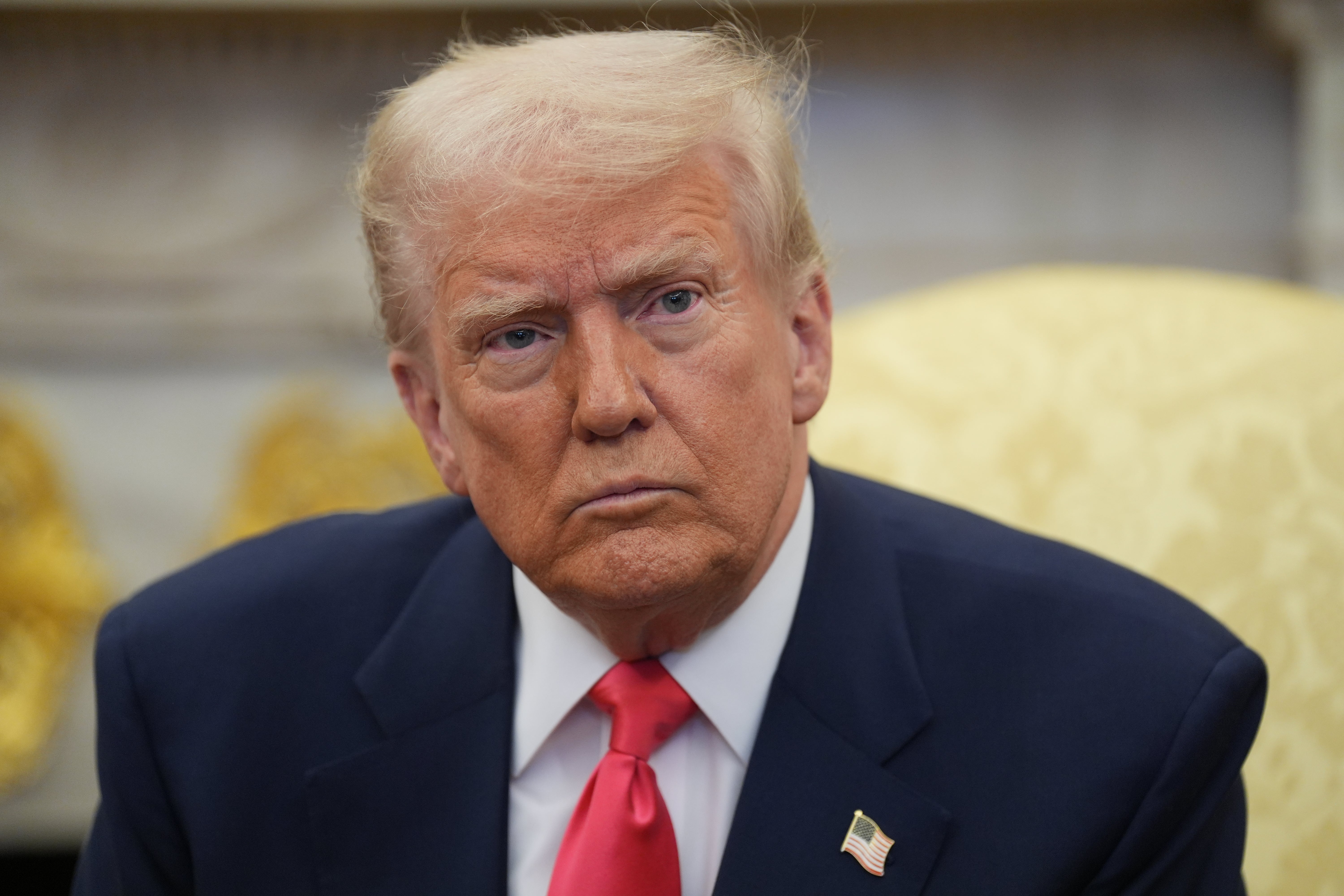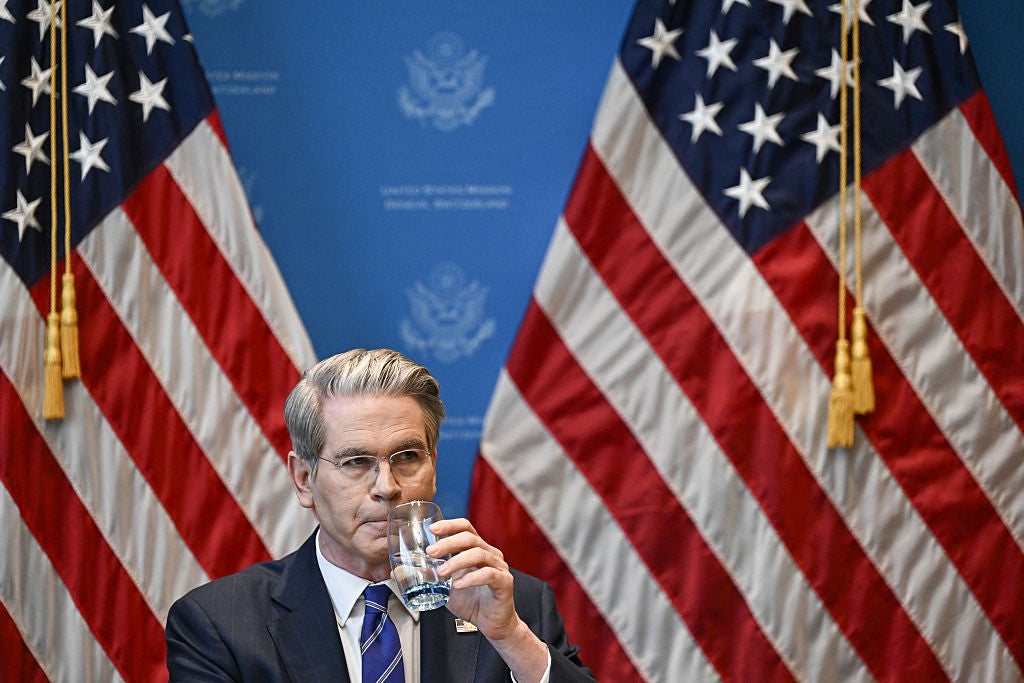ARTICLE AD BOX
Global stock markets have reacted positively to the news that the US and China have come to an initial agreement over a trade deal, hot on the heels of the UK-US agreement announced last week.
Overnight, the Asia Dow closed almost 1.2 per cent up, with Japan’s Nikkei 225 up 0.4 per cent and Hong Kong’s Hang Seng index almost a full three per cent higher.
In Europe, the morning trading has seen a similar reaction with Germany’s DAX and France’s CAC 40 leading the way, both just under one per cent in the green at 10am BST - though the FTSE 100 lagged slightly, up around half a per cent at the same time having initially opened considerably higher.
Meanwhile, the US futures markets show the major indices also poised to open higher, with the S&P 500 pricing more than 2.5 per cent higher than Friday’s close on the news and the Nasdaq rising up to 3.7 per cent higher.

“Markets have welcomed the tentative US-China trade agreement with open arms,” said Russ Mould, investment director at AJ Bell.
“While the trade spat has only been dialled back for 90 days, it’s a major breakthrough as far as investors are concerned. The fact the two countries were talking was already a major win given they’ve been at each other’s throats during the first and second Trump presidential terms.
“Some people thought the best-case outcome from the weekend’s discussions would be an agreement to simply keep talks going. Therefore, to have reached an initial deal so quickly and one that rolls back tariffs by a large amount is a pleasant surprise.”
US treasury secretary Scott Bessent revealed the agreement of a 90-day pause, with tariffs set to come down by over 100 percentage points to a 10 per cent baseline, though it appears there will still be a 30 per cent tariff on China goods entering the US.
“Both countries represented their national interest very well,” Mr Bessent said.
“We both have an interest in balanced trade, the US will continue moving towards that. What had occurred with these very high tariffs... was the equivalent of an embargo, and neither side wants that. We do want trade.”

Last week, the UK-US deal left a 10 per cent tariff in place, so a total removal of China’s tariff was unlikely to be on the cards.
For investors, however, even the possibility of a deal - and the rapid way these initial talks led to an outcome viewed positively by both - has quickly meant share-buying is back on the table.
That is evidenced in Amazon, for example, being up almost eight per cent in pre-trading, having fallen 12 per cent since the start of 2025 as talks of the trade war escalated even before Liberation Day.
On the London Stock Exchange, Asia-focused bank Standard Chartered was the biggest riser by mid-morning, up 7.4 per cent after the agreement news.
“As ever, it’s clear that these deals aren’t even sided. That’s the same percentage point reduction as on the other side of the coin, but the US is still subject to lower tariffs,” Mr Mould explained.
“The next 90 days are going to be crucial in determining the longer-term tariff levels between the two countries. It would only take China upsetting Trump once for him to rip up the 90-day deal and revert back to sky-high tariffs.
“China won’t want to come across as weak in any discussion and is certainly not a pushover, yet it will be cognisant of the situation’s fragility.”









 English (US) ·
English (US) ·